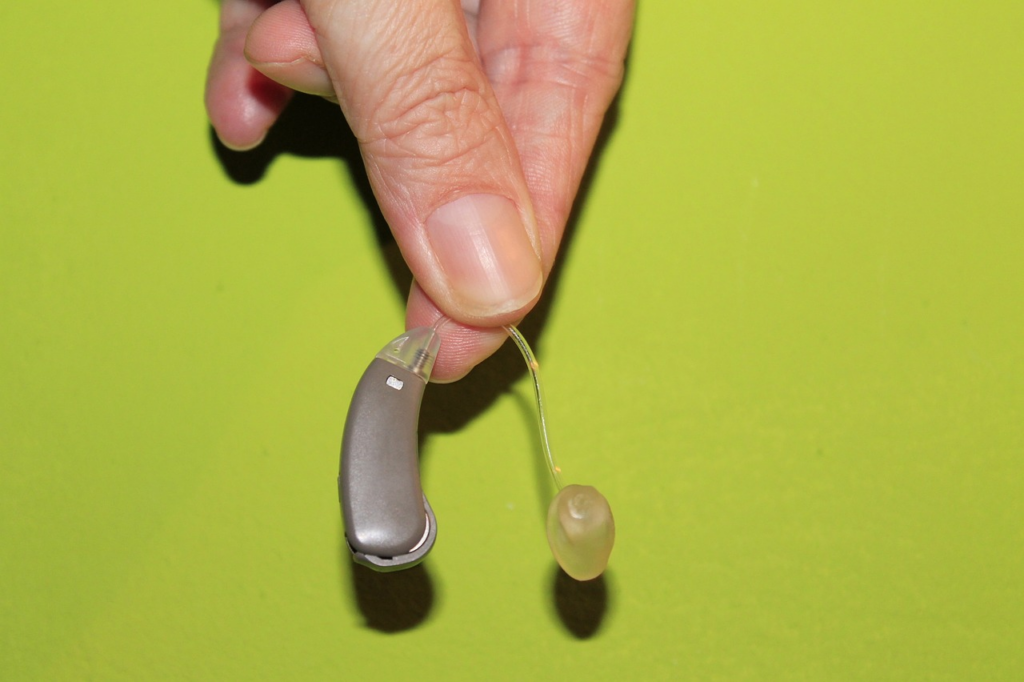Hearing health is an often overlooked aspect of personal well-being. Many people take their ability to hear for granted until significant cambios occur. Understanding the importance of hearing care can empower individuals to take proactive measures, leading to a better quality of life. From recognizing early signs of hearing loss to knowing when to seek help, awareness is key.
Understanding Hearing Loss
Hearing loss affects millions of individuals worldwide, with varying degrees of severity and impact on daily life. It can manifest gradually, making it difficult for individuals to recognize it until it leads to real communication hurdles. Common causes of hearing loss include age-related changes, exposure to loud noises, and certain medical conditions. Recognizing early symptoms, such as asking people to repeat themselves frequently, turning up the volume on devices, or feeling that others are mumbling, is crucial. Hearing loss can affect both social interactions and emotional well-being. Understanding these issues is the first step toward addressing them effectively.
Getting Expert Advice
If you suspect you might be experiencing hearing loss, seeking expert advice is essential. Professionals in the field can provide assessments and determine the extent of any issues. Many individuals benefit from hearing aid services, which can significantly improve their auditory experiences. Consulting with audiologists or hearing specialists can lead to personalized solutions to help restore quality of life. It’s advisable to schedule regular hearing evaluations. These check-ups can help identify issues early and prevent further complications. Professionals can guide on protective measures for hearing health as well, ensuring continued auditory wellness.
Protecting Your Hearing
Preventing hearing loss is just as vital as treating it. Simple lifestyle choices can play a significant role in protecting your hearing. Avoiding excessively loud environments and using ear protection in such situations is a proven way to mitigate risks. Being mindful of headphone volume and limiting exposure time can safeguard your auditory system. Establishing a healthy lifestyle that includes a balanced diet and regular exercise can also support overall health, which in turn benefits hearing acuity.
Technology in Hearing Care
Technology has significantly advanced the field of audiology, offering innovative solutions for those with hearing impairments. From modern digital hearing aids that are customizable to smartphone apps that help manage hearing loss, technology plays an essential role in everyday hearing care.

These devices can help individuals connect better with their environment. Features such as noise cancellation, connectivity to smartphones, and personalized settings make it easier to tailor experiences to individual preferences. Understanding these tools helps users take full advantage of their capabilities.
Adapting to Hearing Aids
It may require patience and time to become used to wearing hearing aids. Once individuals receive their devices, it may take a period of acclimatization to the new sounds. Initially, everyday sounds may appear overwhelming or different, which is a natural response to improved hearing. Engaging with audiologists can provide ongoing support throughout the adjustment period. Many professionals offer counseling and follow-up treatments to maximize the effectiveness of the devices. Seeking support from communities can facilitate sharing experiences, leading to better adaptation.
The Emotional Aspects of Hearing Loss
Hearing loss is not just a physical condition; it can also have emotional repercussions. When people have trouble communicating, they may feel anxious, frustrated, and alone. Recognizing these emotional aspects is critical to effective care. The assistance of friends and family may have a big impact. Open conversations about hearing issues can help loved ones understand the situation better, fostering inclusive environments that encourage engagement. Seeking professional counseling can aid in addressing the emotional challenges associated with hearing loss.
Continuing Care and Follow-Up
Ongoing care is essential for those experiencing hearing challenges. Regular follow-ups with audiologists can ensure devices function correctly and allow for necessary adjustments.

Hearing health is not static; requirements can change over time, demanding adaptable solutions. Frequent evaluations allow for the timely detection of any new problems and ensure that users receive the best possible support. This proactive approach can drastically improve results and maintain quality auditory health throughout life.
More Resources for Hearing Health
Numerous resources are available for those seeking help with hearing health. Various organizations provide valuable information on hearing loss prevention, treatment, and support systems. Online forums, educational materials, and local workshops can offer insights into managing hearing health effectively. Exploring these resources can significantly empower individuals by providing both knowledge and community engagement opportunities. Staying informed ensures that individuals can advocate for their hearing health, making it a priority.
Caring for your hearing is an essential aspect of overall health. Understanding the signs of hearing loss, seeking expert advice, and utilizing technology is fundamental to maintaining good hearing health. Protection and ongoing care play vital roles in ensuring auditory well-being and encouraging individuals to prioritize their hearing as an essential part of life.



